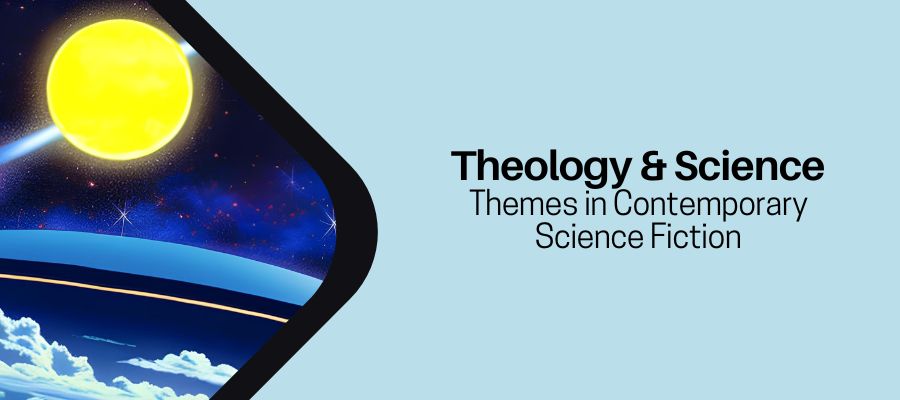
DETAILS:
Dates: August 9th, 16th, 23rd & 30th
Time: 6:30pm
Location: MacLaurin Chapel, 18 Princes Street, Auckland CBD
SPEAKERS:
August 9th Andrew Shamy
August 16th Dr. Gray Manicom
August 23rd Rev Dr Anne Van Gend
August 30th Dr. Yael Cameron Klangwisan
Speakers & Topics:
“An Enlargement of Our Being”: C. S. Lewis’s Theology of Science Fiction
August 9th 2023: Andrew Shamy
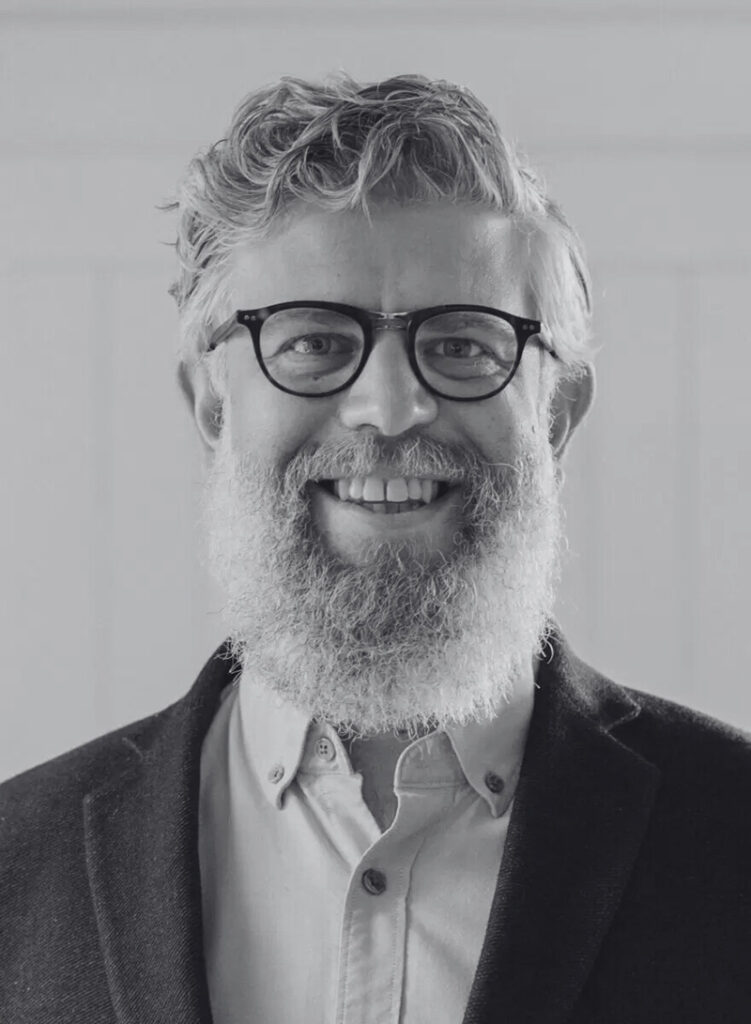
Biography
Andrew Shamy is a Senior Teaching Fellow at Venn Foundation. He has a Master of Arts in Theology from Regent College, Vancouver, and is the author of three books, The Insect and the Buffalo, The Hare and the Tortoise, and most recently, Look to the Birds of the Air.
Andrew’s particular areas of theological interest are the doctrine of creation, culture and the arts, and Christian teaching. He has a lifelong love of fantasy and science fiction writing, and the works of C. S. Lewis and J. R. R. Tolkien.
Abstract
We need good science fiction. C. S. Lewis made this point in his essays and through his own science fiction novels (The Ransom Trilogy). He defended science fiction from its critics. Rather than offering an escape from reality (escapism), science fiction can help us see reality more deeply and truly. It can be a doorway into reality. Science fiction of the type Lewis liked best—stories where the “marvellous is in the grain of the whole work”—can enlarge our being and satisfy deep and profound human longings. For Lewis, the powerful emotions produced by science fiction and fantasy literature (love or hatred) suggest such stories do “something to us at a deep level.”
In this lecture, I will explore Lewis’s theology of science fiction in conversation with his own writings and those of contemporary science fiction writers.
God in the machine
For video (of zoom) click HERE
August 16th: Dr. Gray Manicom
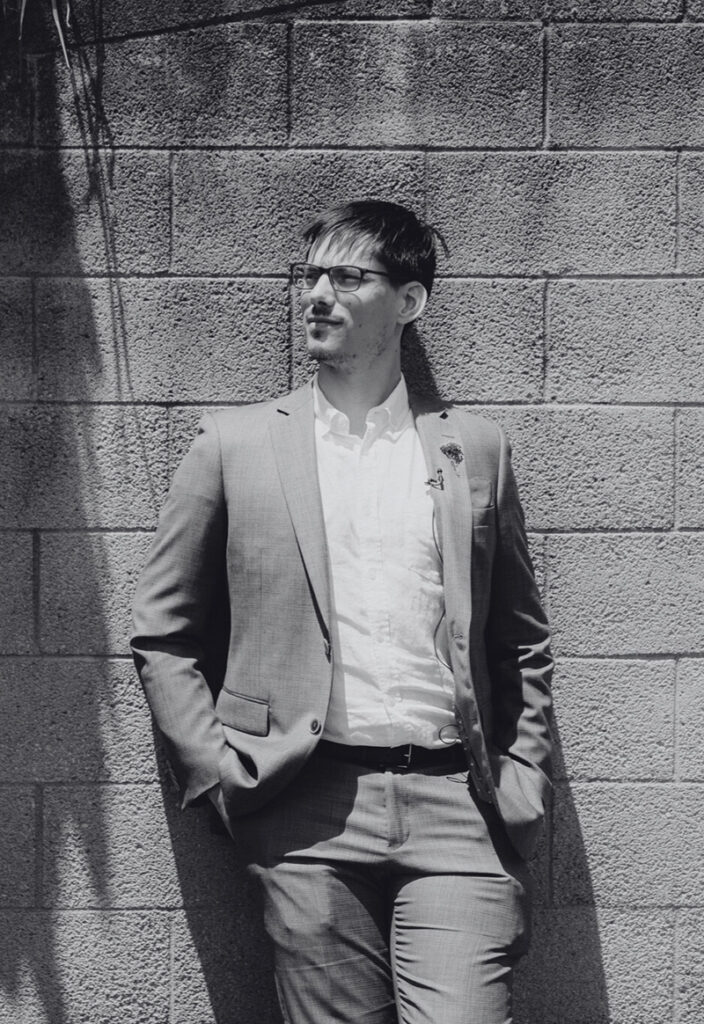
Biography
Gray completed his PhD in Mathematics last year and is currently a research fellow at the Department of Physics at the University of Auckland. He has been involved with NZCIS, Thank God It’s Friday and other Christian ministries, and has pastored a student church. Before pursuing his doctoral studies he worked as a game designer, designing the mathematics of different games, and has also designed a board game which he hopes to publish this year. He grew up with five brothers, and as an introvert in a busy house, he looked forward to escaping into the imaginative realms of fiction novels and PC games. He likes slower, turn-based board and computer games where he can take his time and find optimal strategies.
Abstract
There is a popular podcast and Youtube channel called “Sacred Symbols” which you might assume has to do with religion, perhaps specifically about icons or art. However, it is about PlayStation games. Are there Sacred Symbols in games, and what are they? Investigating the relationship between our worldviews and the games we play is becoming increasingly important as gaming is now, by far, the largest entertainment industry (bigger than movies and music put together) and access to games is more immediate (the largest share of the gaming industry are mobile games). Gaming worlds, just as in fantasy fiction, incorporate aspects of our shared reality into an imaginary realm, with its own laws, cultures and religions. These games often depict religious ideas through the filter of game design, which usually means finding cool ways to deal with and remove damage. In this discussion, I will consider various games (and books about games) that I have played and how they reflect and/or distort elements of faith and Christianity.
What if?
August 23rd: Rev Dr Anne Van Gend
For Video click HERE
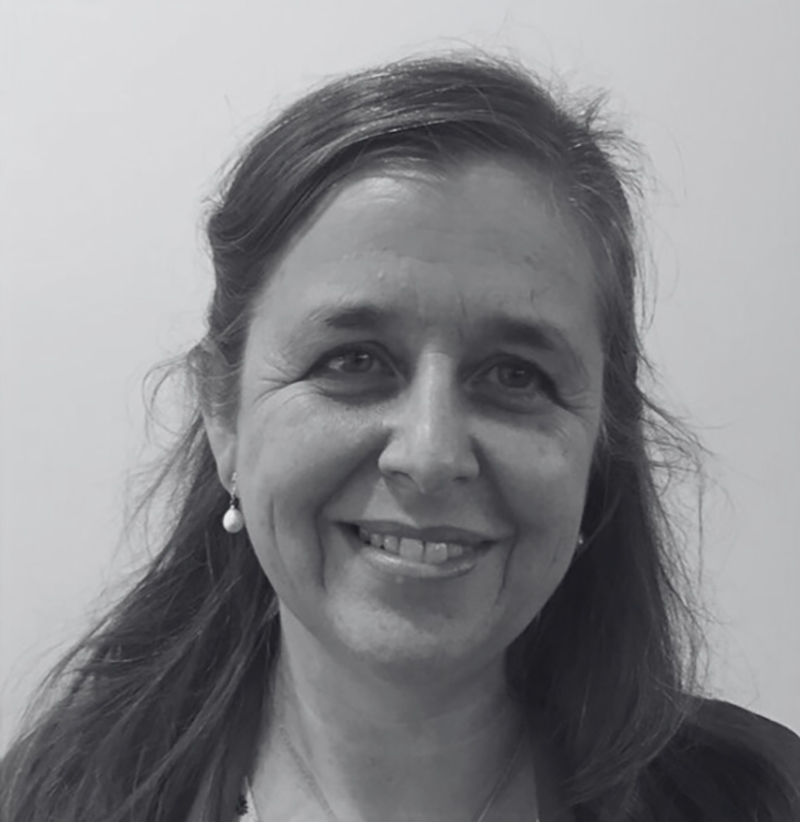
Biography
Anne van Gend is currently the Diocesan Ministry Educator for the Diocese of Dunedin. She has worked in education all her adult life, both as a secondary teacher (South African and Zambia), and in adult education and training for ministry (Australia and New Zealand). Although a devoted Narnian as a child, it was only as an adult that she began exploring the intriguing connections between fantasy works written for a secular audience, and Christian theology. She has a PhD from Victoria University of Wellington in atonement in teenage fantasy books, has been the keynote speaker at ministry conferences in NZ, Australia, the UK and the USA, and is currently writing a book on “re-storying atonement.”
Abstract
Tom McLeish, in a Boyle lecture of 2021, said, “At every level, science needs to involve play, a little bit of ‘what if’?” What would happen in this situation, with this combination of factors? Thought experiments, sample problems, are ways of working out imaginings and testing them in both science and theology. Stories, particularly fantasy and science fiction stories, are complex thought experiments. What if the world were like this? What if this combination of factors came to pass? In a fantasy or science fiction story which “rings true” – a story whose constructed world is coherent – realities familiar to us are absorbed into the story and given back to us in a strange and often illuminating light. Ethical questions surrounding possible or even probable scientific developments can be explored in a projected future. The mystery behind our complex and hidden relationship with creation can be worked out within a world where magic is woven through our lives. The gifting is two-way: writers seeking to make sense of their created worlds both make use of the rich images and mythologems underlying much of our Christian theology to give their worlds coherence and help us to grasp anew the mystery of our faith.
Spectres of Moses in Dune
August 30th: Dr. Yael Cameron Klangwisan
For video please click HERE
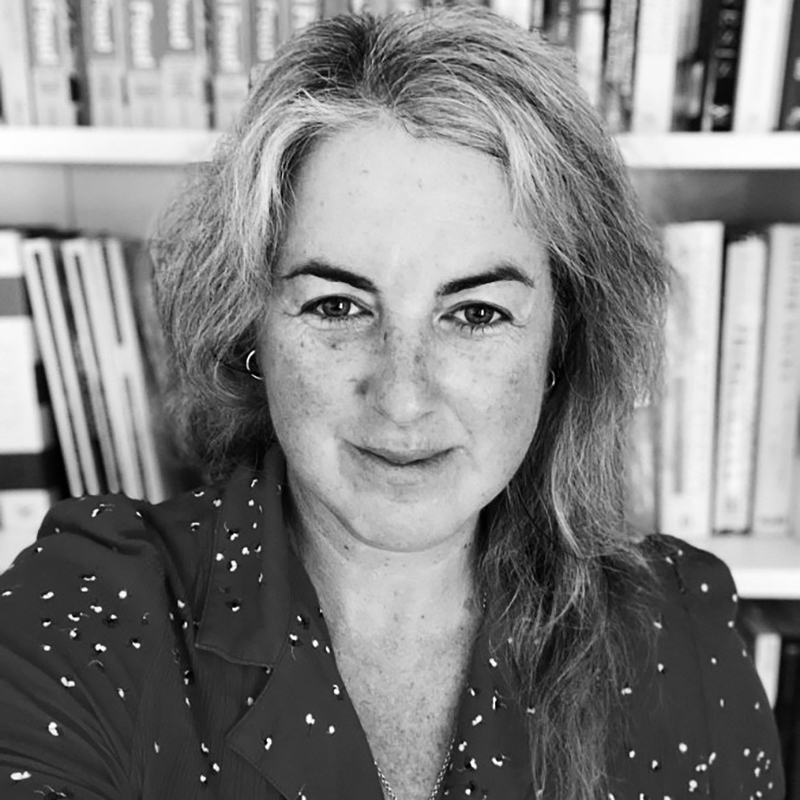
Biography
Yael Cameron is a senior lecturer at Auckland University of Technology. Her research is interdisciplinary, crossing between sacred/biblical literatures and philosophy. She is the author of Jouissance (Sheffield, 2015) which explores the Song of Songs. She has also published widely on the Hebrew Bible and its relation to contemporary literature and film
Abstract
There is a fascinating interplay of the biblical archive within the novel Dune particularly in light of its strong ecological themes. In this presentation we explore Dune both explicitly and implicitly with reference to this biblical memory. Water and the wilderness play a significant role in the Books of Moses and this resonates in the mythology of Dune. Water invokes primal memories of the Garden of Eden, whereas the wilderness in Torah is a crucible where God is encountered, covenants are made and a people, purified. What is the relation of human beings to water and wilderness in Dune? The promise of terraformation in Dune offers the fantasy of a return to Eden, but can it be realised? What does Dune’s dreaming of terraformation mean for the real world that is facing increasing climate change?
In Frank Herbert’s famous novel, Dune, recently realised by Villeneuve as a film, the figures of Paul Atreides—son and prophet, his mother Jessica—witch and Lady, the Fremen—people of the desert, and above all the towering bestial magnificence of the sandworms of the planet Dune are iconic. These representations replicate and transfer as fragments and parts, as tropes and vignettes, images, symbols and as poignant narrative beats that breathe through the discursive space of contemporary literature and film. Scenes like the test of the Gom Jabbar, the sacrificial lives and deaths of Duncan Idaho, the machine of Empire, the water of life, the dream of terraformation are all reconceived and replicated anew in popular culture, notably in Star Wars and Star Trek, for example, but even appearing ubiquitously in Game of Thrones, and MMORPGs like World of Warcraft.



